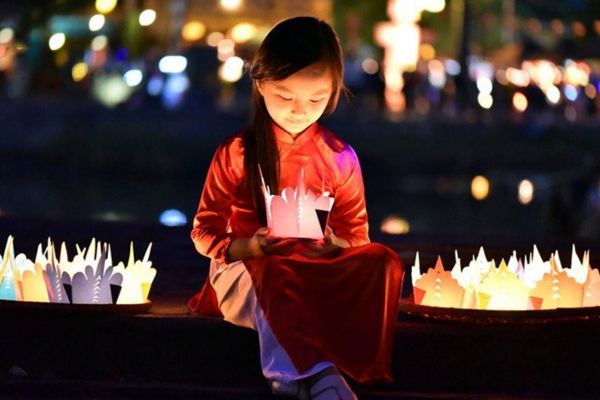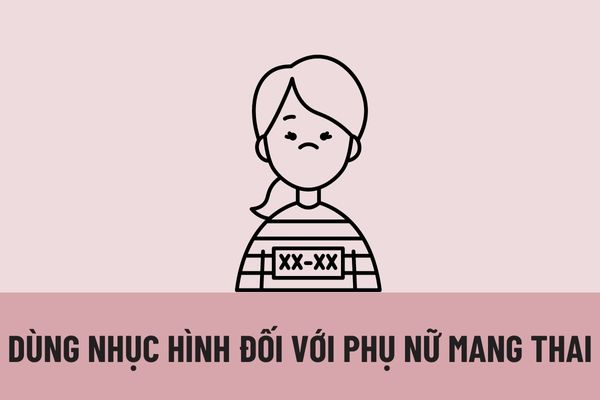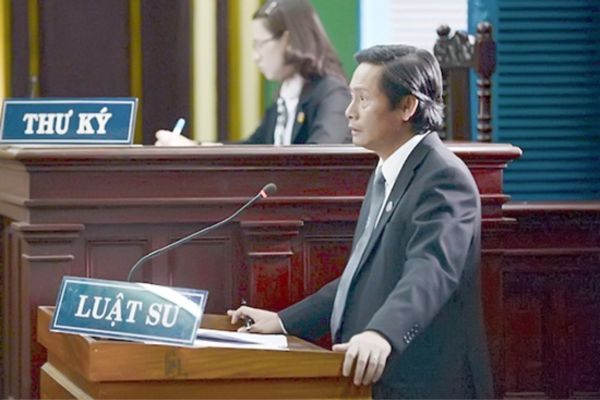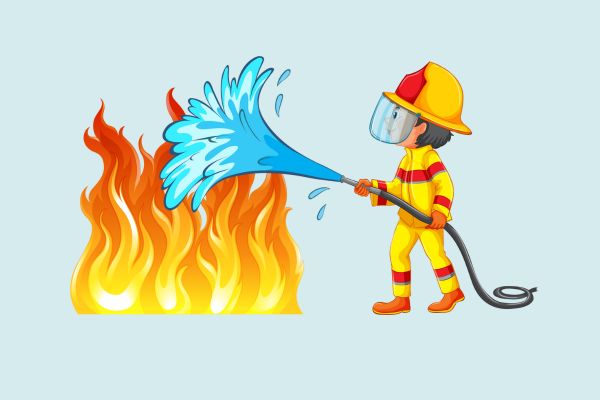Who is not eligible for pardon on National Day 2023 in Vietnam? What are the holidays on which offenders in Vietnam are petitioned for pardon?
What are the holidays on which offenders in Vietnam are petitioned for pardon?
Under Clause 1, Article 3 of the Law on Pardon 2018, the provisions are as follows:
1. “pardon” means a special clemency granted by the State, under the State Presidents decisions on parole of termed prisoners or life prisoners on the occasion of great national events or holidays, or in special cases.
According to Article 5 of the Law on Pardon 2018, the State President shall consider granting pardon on the occasion of great national events and holidays, or in special cases.
The major holidays of the year are specified in Article 4 of Decree 145/2013/ND-CP, including:
Major National Holidays
The major national holidays include:
1. Lunar New Year (01, January in Lunar Calendar).
2. Anniversary of the founding of the Communist Party of Vietnam (February 3, 1930).
3. Hung Kings' Commemoration Day (10, March in Lunar Calendar).
4. Victory Day (April 30, 1975).
5. Dien Bien Phu Victory (May 7, 1954).
6. Birthday of President Ho Chi Minh (May 19, 1890).
7. August Revolution (August 19, 1945) and National Day of the Socialist Republic of Vietnam (September 2, 1945).
Thus, apart from National Day, offenders who meet the conditions may be considered for pardon on the aforementioned major holidays.
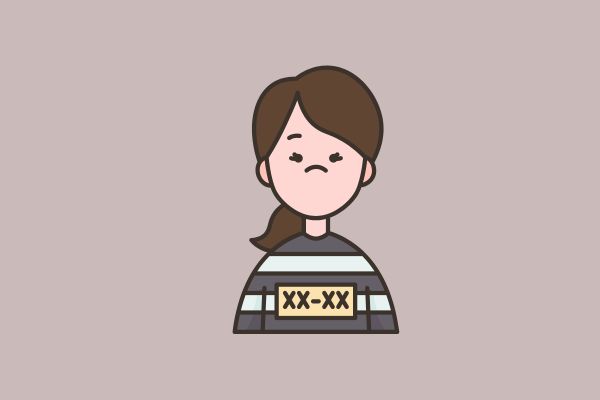
Who is not eligible for pardon on National Day 2023 in Vietnam? What are the holidays on which offenders in Vietnam are petitioned for pardon?
Who is not eligible for pardon on National Day 2023 in Vietnam?
Under Article 4 of Decree 145/2013/ND-CP, National Day is one of the major national holidays. On National Day, the President shall consider and decide on granting pardons for major national events and holidays.
However, there are still cases where offenders who are not eligible for pardon are not petitioned for pardon. Specifically, Article 12 of the Law on Pardon 2018 stipulates as follows:
Persons not eligible for pardon
Persons who fully meet the eligibility requirements specified in Article 11 of this Law may not petition for pardon in the following cases:
1. He/she is convicted of high treason; activities against the people's government; espionage; infringement upon territory; rebellion; terrorism to oppose the people's government; sabotaging facilities of Socialist Republic of Vietnam; making, possessing, spreading information, materials, items for the purpose of opposing the State of Socialist Republic of Vietnam; disruption of security; disruption of detention facilities; terrorism and one of offenses prescribed in the Chapter “Disturbing the peace, crimes against humanity and war crimes” of the Criminal Code;
2. The whole or a part of court judgments or rulings against him/her is being appealed according to cassation or reopening review towards more severe criminal liability;
3. He/she is being examined for penal liability for other criminal acts;
4. He/she was previously granted pardon;
5. He/she has two or more previous convictions;
6. Other cases decided by the State President.
Thus, during the National Day holiday in 2023, offenders falling under one of the above-mentioned cases are not petitioned for pardon.
What does the pardon petition dossier in Vietnam include?
Under the provisions of Article 14 of the Law on Pardon 2018:
Pardon petition dossier
1. A petition for pardon.
2. Documents evidencing the personal backgrounds and family circumstances of the pardon petitioner.
3. Documents evidencing the completion of additional penalty of fine and full payment of the court fee. A decision made by the competent court in case of exemption from the fine or court fee.
A convict of offense prescribed in Point d Clause 1 Article 11 of this Law must have proof of complete fulfillment of the obligation to return the property or make restitution, or of other civil obligations.
A person in the case prescribed in Point dd Clause 1 Article 11 of this Law must give proof that he/she has completely fulfilled the obligation or has partly fulfilled the obligation to return the property or make restitution or other civil obligations and has obtained a decision made by the civil judgment enforcement agency certifying judgment debtor’s incapacity to satisfy the judgment debt. If the judgment creditor consents to the judgment enforcement suspension or gives no request for judgment enforcement associated with the property not owned by the state, such consent must be made in writing with certification of the competent authority.
A person in the case prescribed in Point c Clause 3 Article 11 of this Law must obtain a conclusion of the Medical Examination Council, or at least a provincial-level or military-zone hospital.
A person in the case prescribed in Point e Clause 3 Article 11 of this Law must obtain a certification of the People’s Committee of commune where his/her family is residing.
A person in the case prescribed in Point h Clause 3 Article 11 of this Law must obtain a certificate of disability issued by the People’s Committee of commune where he/she resides; or a decision issued by the competent court, declaring that he/she has difficulties in perception and behavior control.
4. A commitment not to violate law and to continue to completely serve the additional penalties being fines or restitution, fulfill obligation to return the property or fulfill other civil obligations after being granted pardon.
5. A petition for pardon made by the superintendent of the prison or detention center affiliated to the Ministry of Public Security, the Ministry of National Defense, the head of criminal judgment enforcement agency affiliated to provincial Public Security, the head of criminal judgment enforcement agency of military zone.
If a person petitions for a pardon and his/her imprisonment sentence has been suspended, he/she must obtain a petition for pardon made by the People’s Court of province, the Military Court of military zone and appraisal of the People’s Committee of commune, military unit in charge if he/she has strictly complied with laws and regulations during such suspension period.
Thus, the pardon petition dossier includes:
- A petition for pardon.
- Documents evidencing the personal backgrounds and family circumstances of the pardon petitioner.
- Documents evidencing the completion of additional penalty of fine and full payment of the court fee.
- A commitment not to violate law and to continue to completely serve the additional penalties being fines or restitution, fulfill obligation to return the property or fulfill other civil obligations after being granted pardon.
- A petition for pardon made by the superintendent of the prison or detention center affiliated to the Ministry of Public Security, the Ministry of National Defense, the head of criminal judgment enforcement agency affiliated to provincial Public Security, the head of criminal judgment enforcement agency of military zone
LawNet
